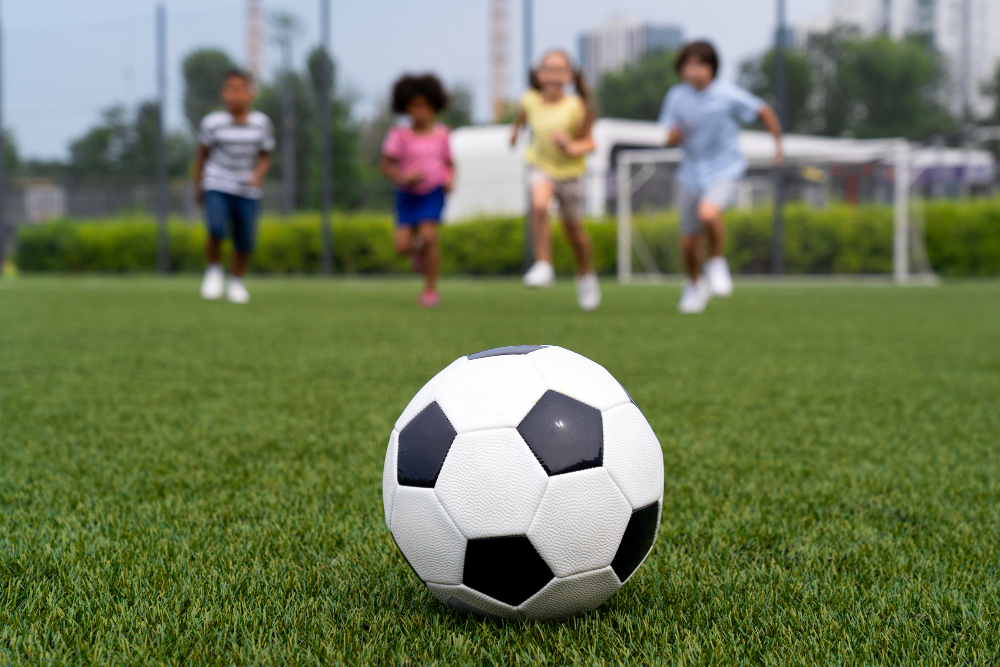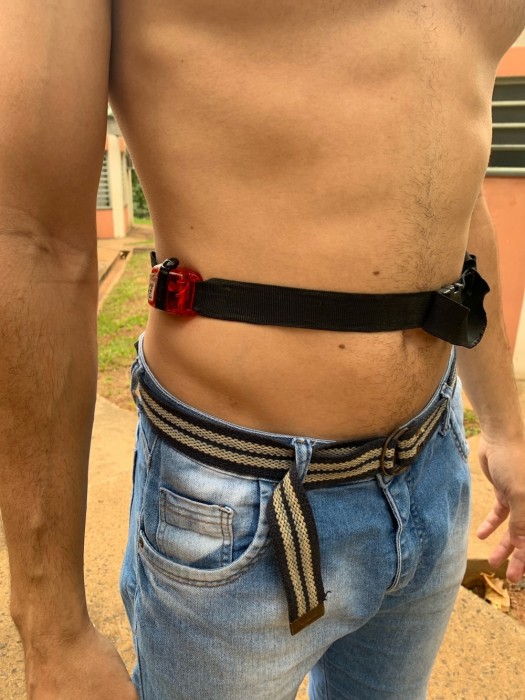

Exercise promotes a series of adaptations that enable the organism to respond better to stressful situations (photo: Freepik*)
A study conducted by Brazilian scientists at São Paulo State University involved 242 volunteers aged 40 on average. The results showed an improvement in heart rate control by the autonomic nervous system regardless of the level of physical activity in adulthood.
A study conducted by Brazilian scientists at São Paulo State University involved 242 volunteers aged 40 on average. The results showed an improvement in heart rate control by the autonomic nervous system regardless of the level of physical activity in adulthood.

Exercise promotes a series of adaptations that enable the organism to respond better to stressful situations (photo: Freepik*)
By Maria Fernanda Ziegler | Agência FAPESP – Practicing sports during childhood and adolescence affords lifelong cardiovascular benefits, which accrue even for adults who are not physically active, according to a study involving 242 inhabitants of Santo Anastácio, a town in São Paulo state, Brazil, and conducted by researchers affiliated with São Paulo State University (UNESP).
An article reporting findings is published in the journal Sports Medicine Open. The benefits in question have to do with cardiac autonomic modulation (control of heart rate by the autonomic nervous system), an important marker of cardiovascular risk and mortality.
“We focused on the effects of practicing sports in this study because people have better recall of these activities. And we succeeded in adjusting the data to distinguish between the cardiovascular benefits from practicing sports in childhood or adolescence and the benefits from current physical exercise,” Diego Christofaro, corresponding author of the article and a professor at the School of Sciences and Technology (FCT-UNESP) in Presidente Prudente, told Agência FAPESP.
In a sense, he said, undertaking regular physical exercise in early life can be considered analogous to maintaining a “savings account” on which to draw when necessary during the course of a life: “The benefits for the cardiac autonomic system appear to be permanent.”
The autonomic nervous system has two anatomically and functionally distinct divisions: the sympathetic system, which makes the heart accelerate, among other things, and the parasympathetic system, which slows the heart rate. These two mechanisms need to be balanced if the cardiovascular system is to perform satisfactorily, Christofaro explained.
“We know physical exercise is a stressor so that heart rate and blood pressure are expected to increase while the subject is exercising, but what happens to a person’s organism when they regularly practice sports in childhood and adolescence? The answer is that it makes adaptations in order to arrive at the ideal balance, with the parasympathetic system predominating,” he said.
In sum, exercise promotes a series of adaptations that enable the organism to respond better to stressful situations, and this state of affairs persists even when there is less physical activity in adulthood.
Methodology
Conducted with FAPESP’s support, the epidemiological population study collected information from the 242 volunteers (aged 40 on average) regarding their experience with sports practice and performed several tests of various kinds to assess their cardiac autonomic modulation.
The participants were equipped with wearable sensors that captured their heart beat and transferred the data to a smart watch, as well as a waist accelerometer that recorded the duration and intensity of everyday physical activities for a week (see photo below).

Photo: Diego Christofaro/UNESP
Analysis of the data showed that practitioners of sports when they were children or adolescents were in better health in terms of cardiac autonomic modulation in general and parasympathetic modulation specifically, regardless of how much regular physical exercise they were getting at the time of the study.
“These results are one more argument for encouraging people to practice sports from an early age,” Christofaro said.
The article “Association of sports practice in childhood and adolescence with cardiac autonomic modulation in adulthood: A retrospective epidemiological study” is at: sportsmedicine-open.springeropen.com/articles/10.1186/s40798-024-00707-7.
Republish
The Agency FAPESP licenses news via Creative Commons (CC-BY-NC-ND) so that they can be republished free of charge and in a simple way by other digital or printed vehicles. Agência FAPESP must be credited as the source of the content being republished and the name of the reporter (if any) must be attributed. Using the HMTL button below allows compliance with these rules, detailed in Digital Republishing Policy FAPESP.





